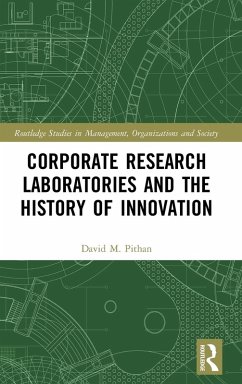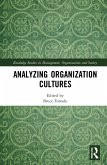With the beginning of the twentieth century, American corporations in the chemical and electrical industries began establishing industrial research laboratories. Some went on to become world-famous not only for their scientific and technological breakthroughs but also for the new union of science and industry they represented. Innovative ideas do not simply appear out of the blue and spread on their own merit. Rather, the laboratory's diffusion takes place in a cultural context that goes beyond corporate capital and technological change. Using discourse analysis as a method to comprehensively capture the organizational field of the early American R&D laboratories from 1870 to 1930, this book uncovers the collective meanings associated with the industrial laboratory. Meanings such as what and where a laboratory is supposed to be, who the scientist is, and what it means to practice science provided cultural resources that made the transfer of the laboratory from academic science into an industrial setting possible by rendering such meanings understandable and operable to big business and organizational entrepreneurs fighting for hegemony in a rapidly evolving market. It analyzes not only the corporations that established laboratories in the United States but also their contexts - economic, political, and especially scientific - showing how "the industrial laboratory" was transformed from an organizational novelty into an expected institution in less than two decades. This book will be of interest to researchers, academics, historians, and students in the fields of organizational change, discourse studies, the management of technology and innovation, as well as business and management history.
Hinweis: Dieser Artikel kann nur an eine deutsche Lieferadresse ausgeliefert werden.
Hinweis: Dieser Artikel kann nur an eine deutsche Lieferadresse ausgeliefert werden.








